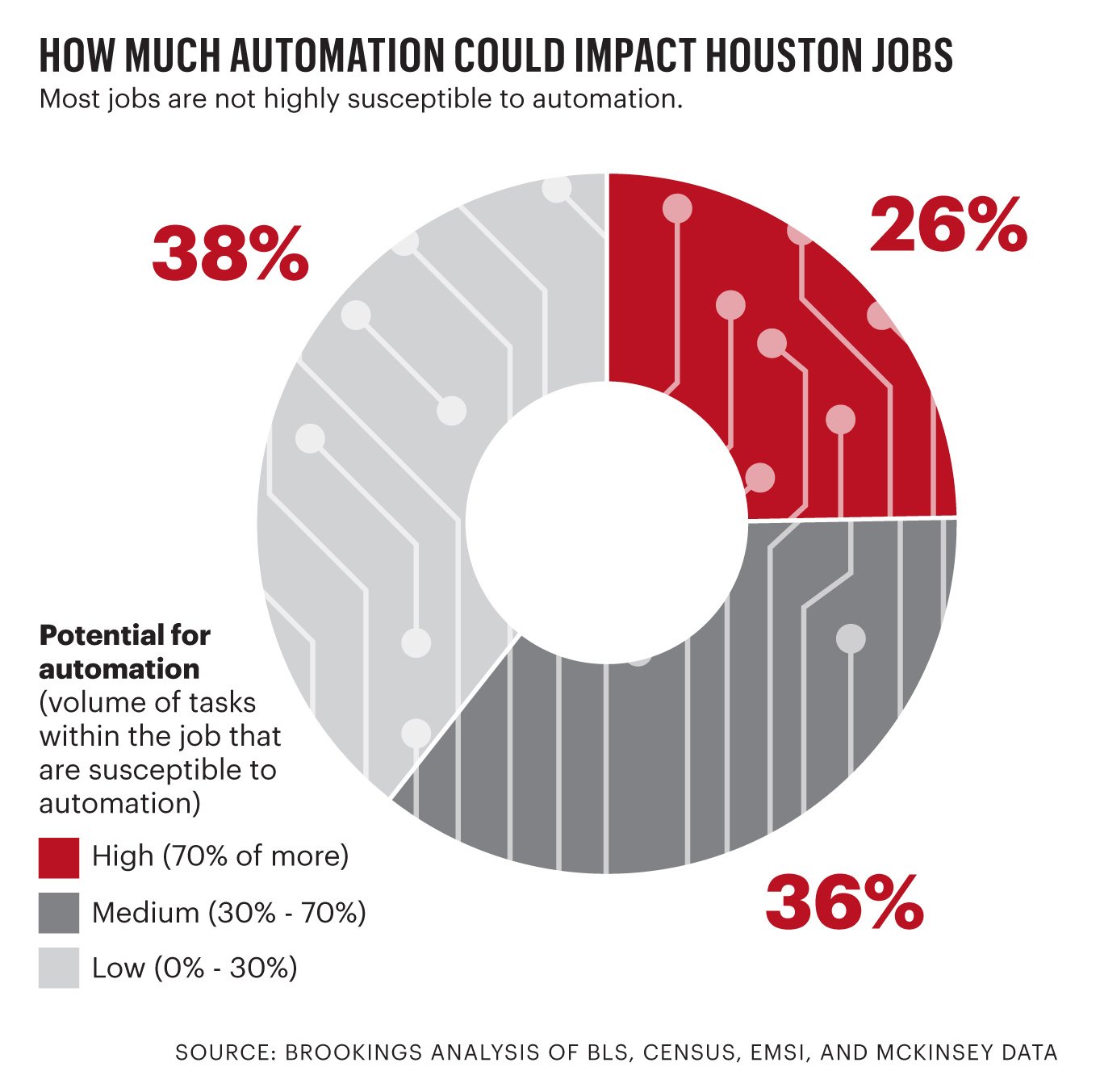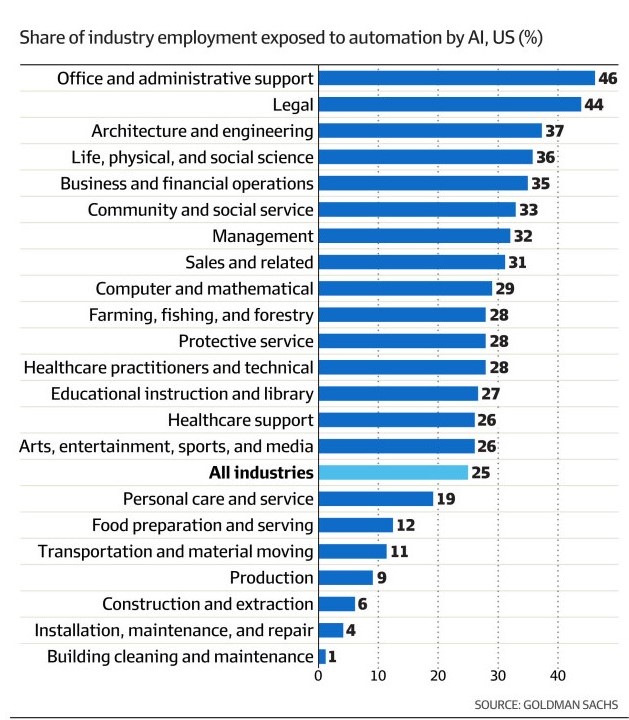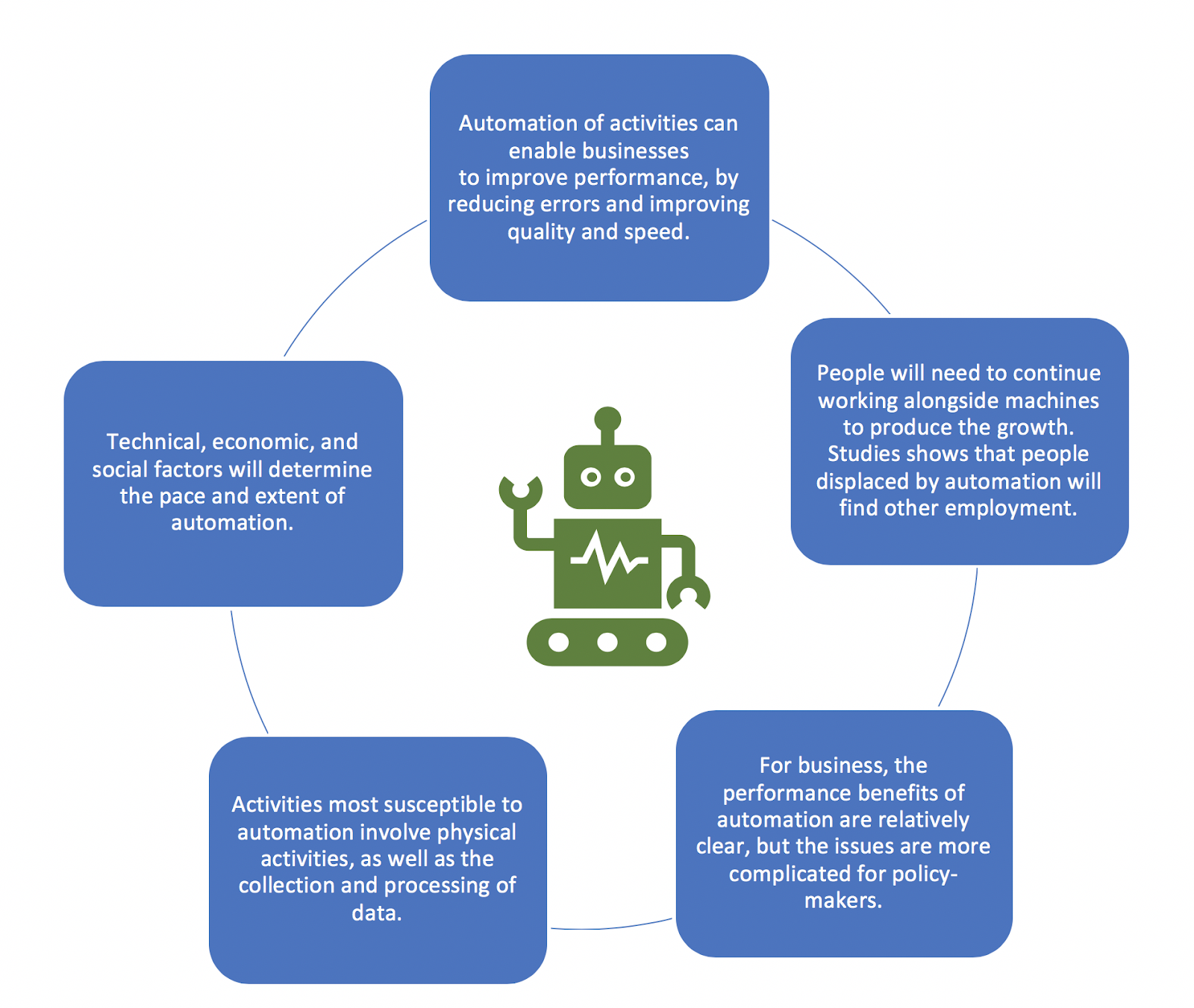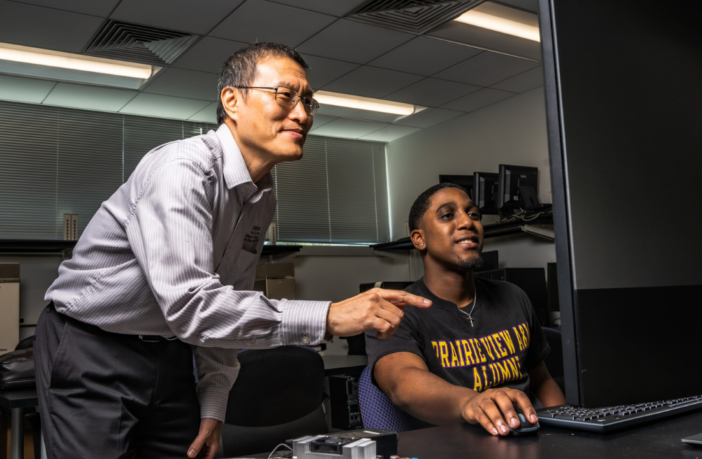Houston-area HBCUs Prairie View A&M and Texas Southern University are utilizing AI in game-changing ways while preparing students for the global job market. Seen here are two TSU researchers busy in the lab. Credit: CBMHR.
The Houston area’s two Historical Black Colleges and Universities (HBCUs), Prairie View A&M University (PVAMU) and Texas Southern University (TSU), are each utilizing artificial intelligence-driven partnerships to profoundly impact society. Their work positions each institution as a central force in training the next generation of data scientists, engineers, and healthcare research professionals.

HOUSTON HEALTH CHALLENGES
Houston is not only home to TSU but also the Texas Medical Center (TMC). The TMC is the largest medical complex in the world, whether you’re judging by the number of hospitals, physicians, square footage, or patient volume. The TMC boasts the world’s largest cancer hospital, 10 million patient encounters per year, and 180,000-plus annual surgeries.
But those facts are little consolation to many Houston residents who live on the lower end of the socio-economic ladder, like the lion’s share of individuals who live within a stone’s throw of the TSU campus.
That community, Houston’s Third Ward, is ground zero for some of the city’s highest rates of diabetes, heart disease, COPD, COVID-19, asthma, and more. And because Black women are at a higher risk of contracting the most aggressive type of breast cancer (triple-negative), the large Black population surrounding TSU needs special attention.
 Caleen Allen.
Caleen Allen.
Caleen Allen, the vice president of Houston-based non-profit Sisters Network, told ABC13, “Cancer does not discriminate, but disparity-wise, we are dying more frequently, being diagnosed with more aggressive cancers.”
Black women in Harris County are also 3.5 times more likely to die in childbirth than their white counterparts.
TSU & CBMHR
By utilizing partnerships and AI, TSU seeks to address breast cancer and maternal mortality rates.
“The main purpose of our Center for Biomedical and Minority Health Research (CBMHR) is to address the existing disparities and inequities in healthcare, especially among the underrepresented minority populations here in the United States, and more specifically for us in Harris County and the greater Houston area,” Omonike Olaleye, PhD, TSU’s senior associate vice president for Research & Innovation and principal investigator of the CBMHR Center.
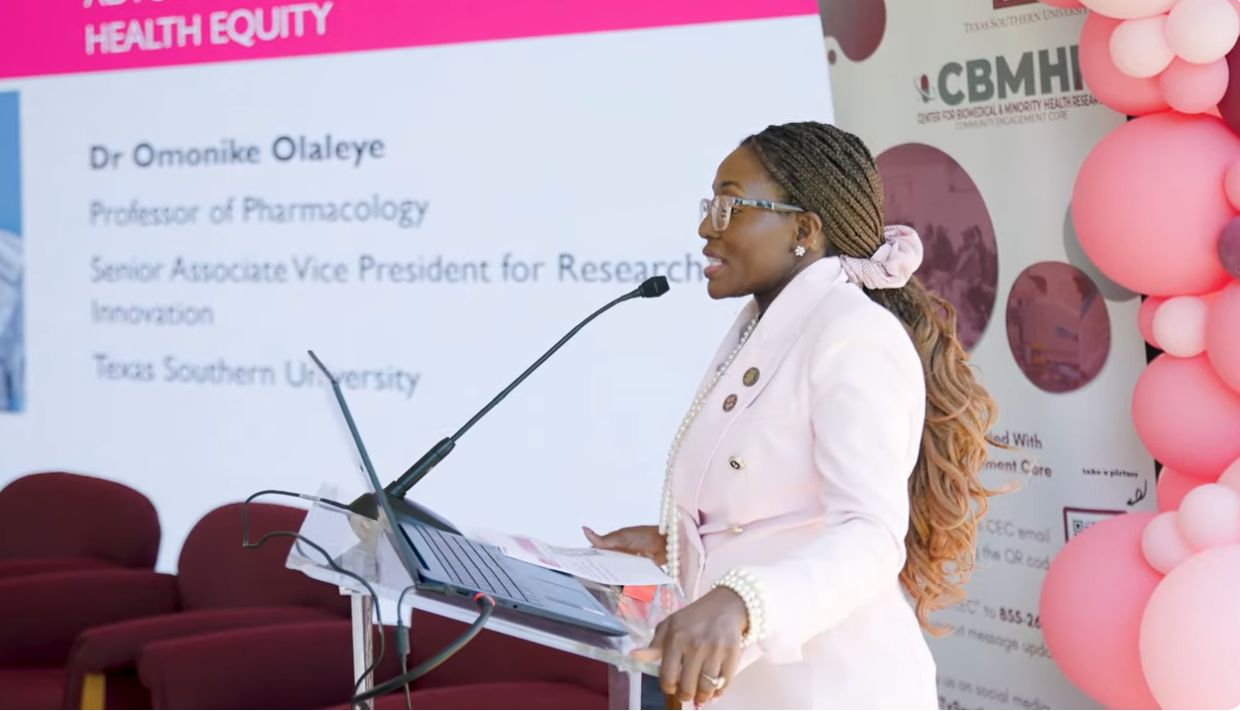 Dr. Omonike Olaleye. Credit: CBMHR.
Dr. Omonike Olaleye. Credit: CBMHR.
The university (TSU) has deployed a lot of infrastructure for artificial intelligence when it comes to the marriage between AI and the social determinants of health.
Omonike Olaleye, PhD
TSU’s senior associate vice president for Research & Innovation and principal investigator of the CBMHR Center
Olaleye’s lab focuses mainly on maternal health and child health research. Her lab also engages in drug discovery and development research to find new medicines for specific infectious diseases (ex: COVID-19).
Other TSU research scientists focus their research on seeking cures for cancer, diabetes, and other issues that disproportionately impact Black communities, specifically prostate cancer and breast cancer.
TSU FIGHTS BREAST CANCER
Allen and others point out that for Black women, getting mammograms on schedule is still driving these ugly health disparities. Often, lack of transportation or the inability to afford to take off from work for fear of losing that job stands between far too many Black women and access to timely mammograms.
Veronica Ajewole, PharmD, an associate professor of Pharmacy Practice and Clinical Pharmacy Specialist at TSU, seeks to address this issue. She was one of the TSU researchers who applied for and received funding from the Cancer Prevention Research Institute of Texas (CPRIT).
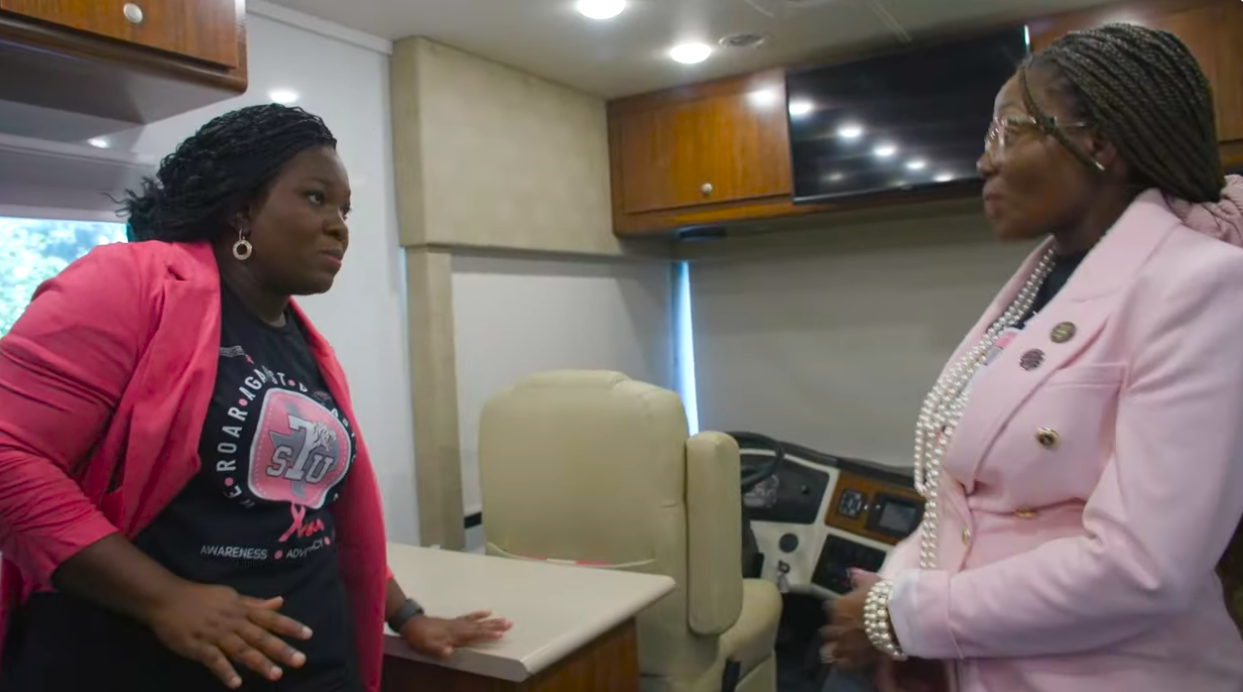 Dr. Veronica Ajewole (left) and Dr. Omonike Olaleye. Credit: CBMHR.
Dr. Veronica Ajewole (left) and Dr. Omonike Olaleye. Credit: CBMHR.
“This allows TSU to be able to offer mammograms at no cost to uninsured and under-insured women,” said Ajewole. “So, with that, we are addressing a major barrier for that population. That fact that we’re able to provide services that are a bit more convenient and accessible, specifically at no cost to uninsured and under-insured women, is a big priority for CPRIT, and we are grateful for being able to receive that.”
HOW DOES AI FACTOR IN?
Though AI is often identified as a vehicle for destroying its fair share of jobs, it is also predicted to be responsible for creating over 90 million jobs in the very near future. Many of those jobs will come in the form of healthcare research scientists like Olaleye.
“One of the great things that are coming next in the future and that we’re working on because we like to think ahead and work ahead is that the university (TSU) has deployed a lot of infrastructure for artificial intelligence when it comes to the marriage between AI and the social determinants of health,” stated Olaleye.
TSU’s core facilities have deployed significant infrastructure, resources, and capacity to study the role of AI in addressing several of the existing disparities in maternal health.
Moreover, Olaleye says TSU is using AI for drug discovery and development.
“We hope that in the future, with all our work, we hope to see that the synergy of working together with the key stakeholders we can move the needle when it comes to reducing breast cancer health disparities within our community that we serve.”
PVAMU DEPLOYS AI FOR U.S. DEFENSE UPGRADES
The Houston area’s other HBCU, PVAMU, is also deeply invested in integrating AI into its operations. However, PVAMU’s focus is very different.
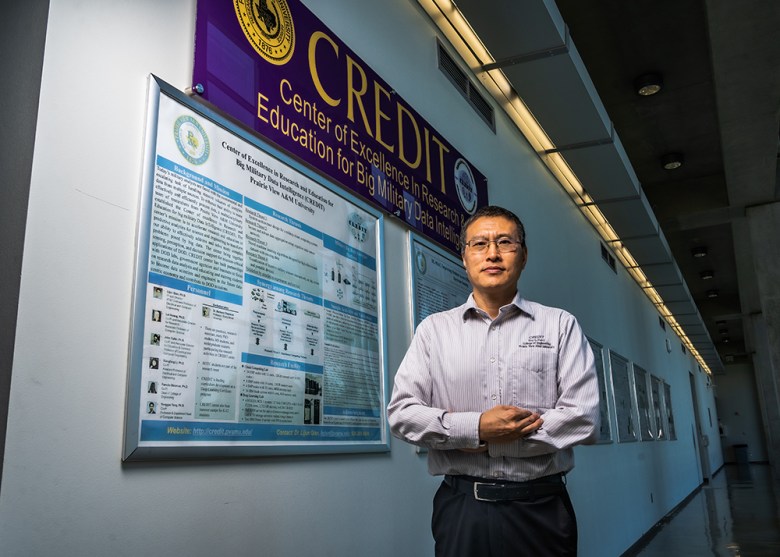
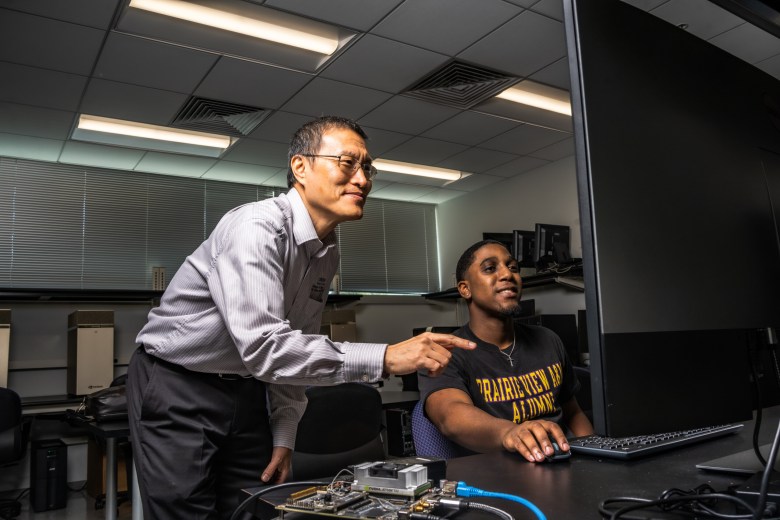 Dr. Lijun Qian (left) and PVAMU student. Credit: PVAMU.
Dr. Lijun Qian (left) and PVAMU student. Credit: PVAMU.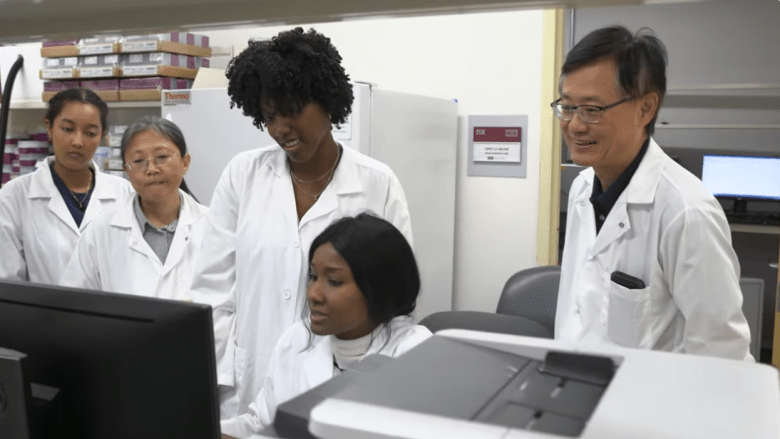
At Prairie View, the U.S. Department of Defense (DOD) recently awarded the school an $8 million grant for a new research project focused on advanced data analysis and artificial intelligence. The project, titled “CREDIT+: Advancing Data Analysis for Mission-Critical Applications in the Era of Artificial Intelligence,” is led by Dr. Lijun Qian, an endowed professor in the Department of Electrical and Computer Engineering at PVAMU’s Roy G. Perry College of Engineering.
“This project offers a great opportunity for PVAMU to enhance its research capacity in artificial intelligence and big data analytics and for our students to be well-trained and pursue careers in these exciting fields,” said Qian.
Specifically, the DOD grant will allow PVAMU to take the CREDIT Center’s work to the next level. That work consists of supporting U.S. military operations by better-analyzing data from sources such as satellites, drones, field sensors, and warfighters so the DOD can better understand real-time situations and make informed decisions. This could improve mission planning, increase situational awareness, and enhance personnel safety.
Specifically, PVAMU will utilize AI to develop new ways to gather, organize, and analyze data. Qian’s team will also find innovative methods to speed up AI-enhanced data processing and conduct tests to apply their findings to real-world scenarios.
Qian added that this AI-driven project will transform Prairie View’s ability to effectively address and solve many complex problems posed by big data.
